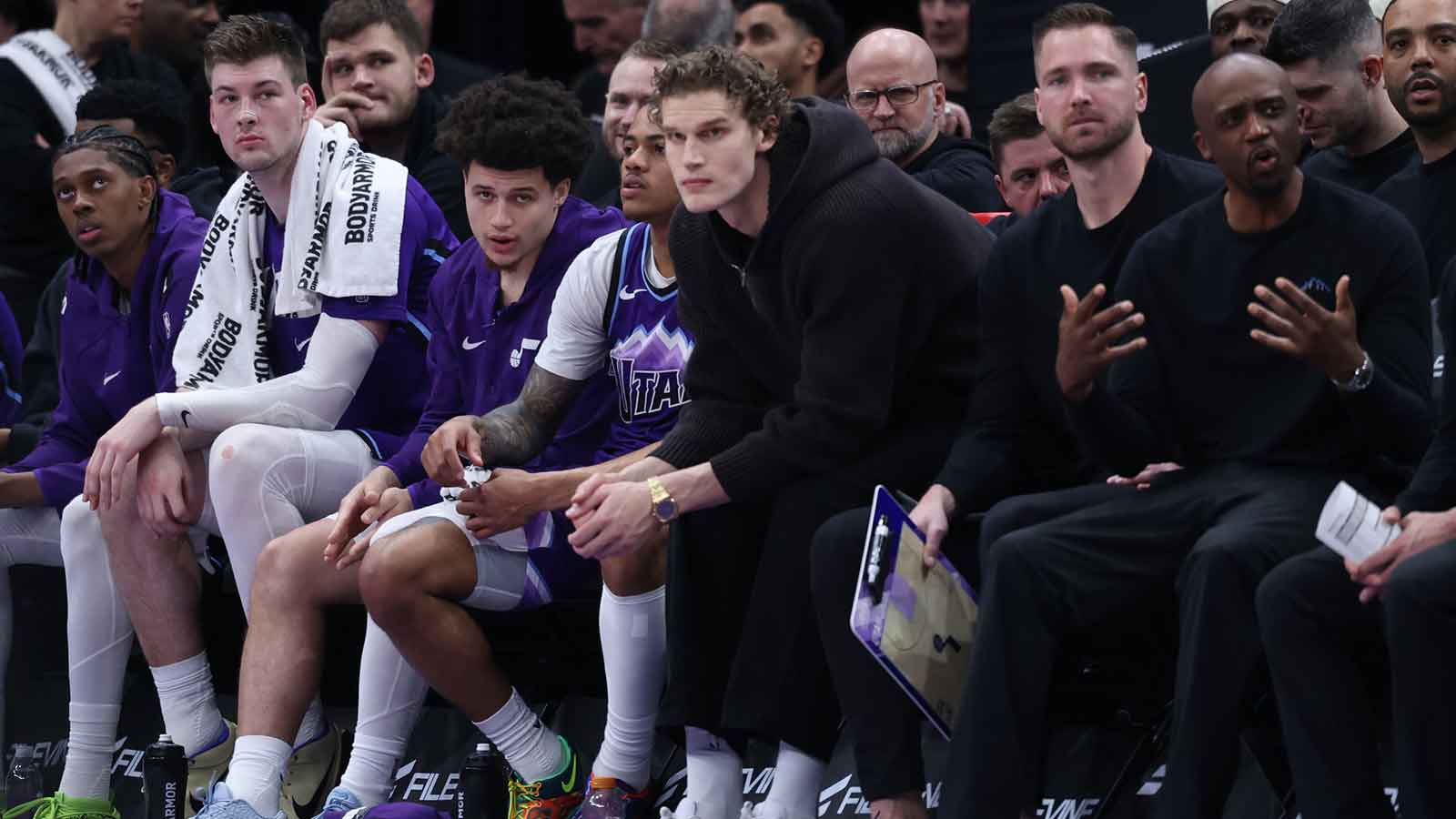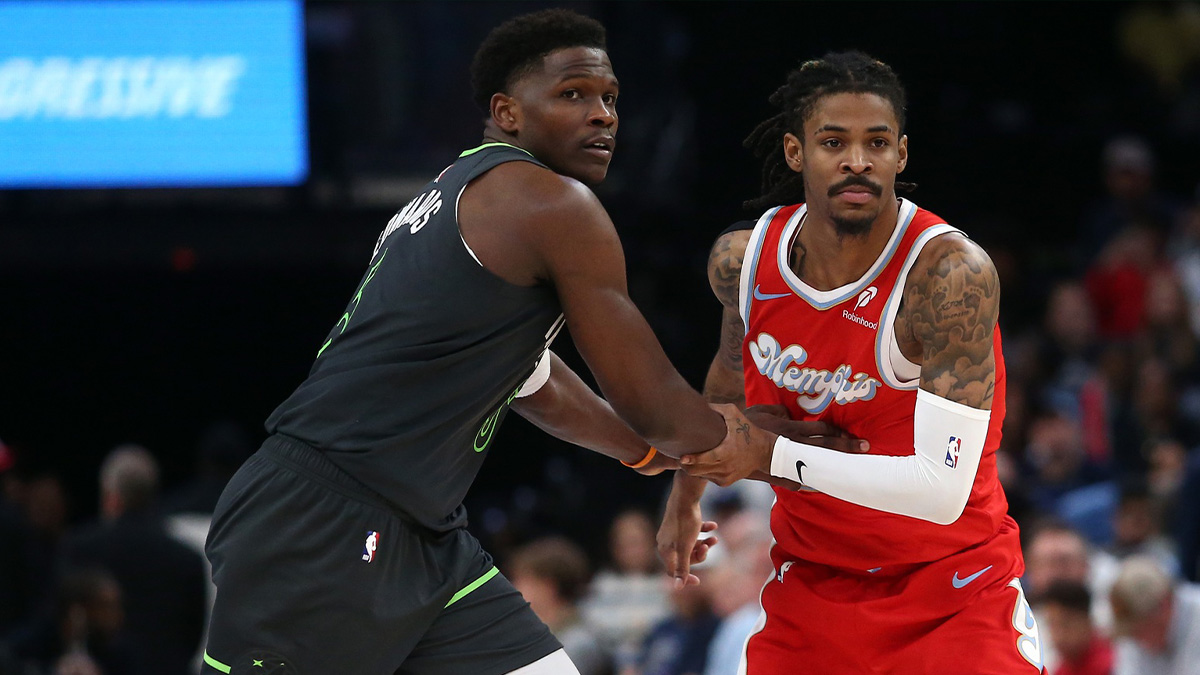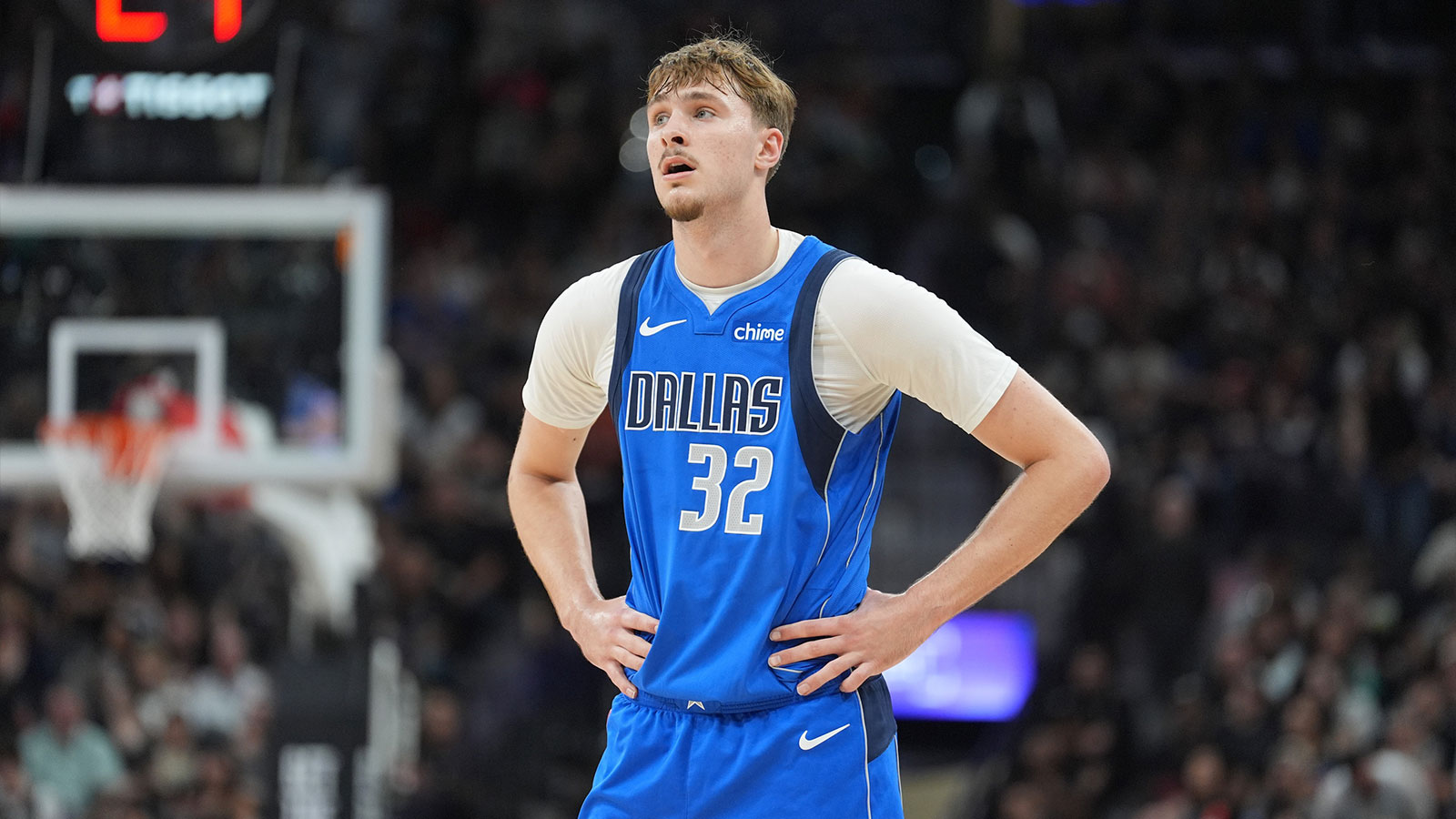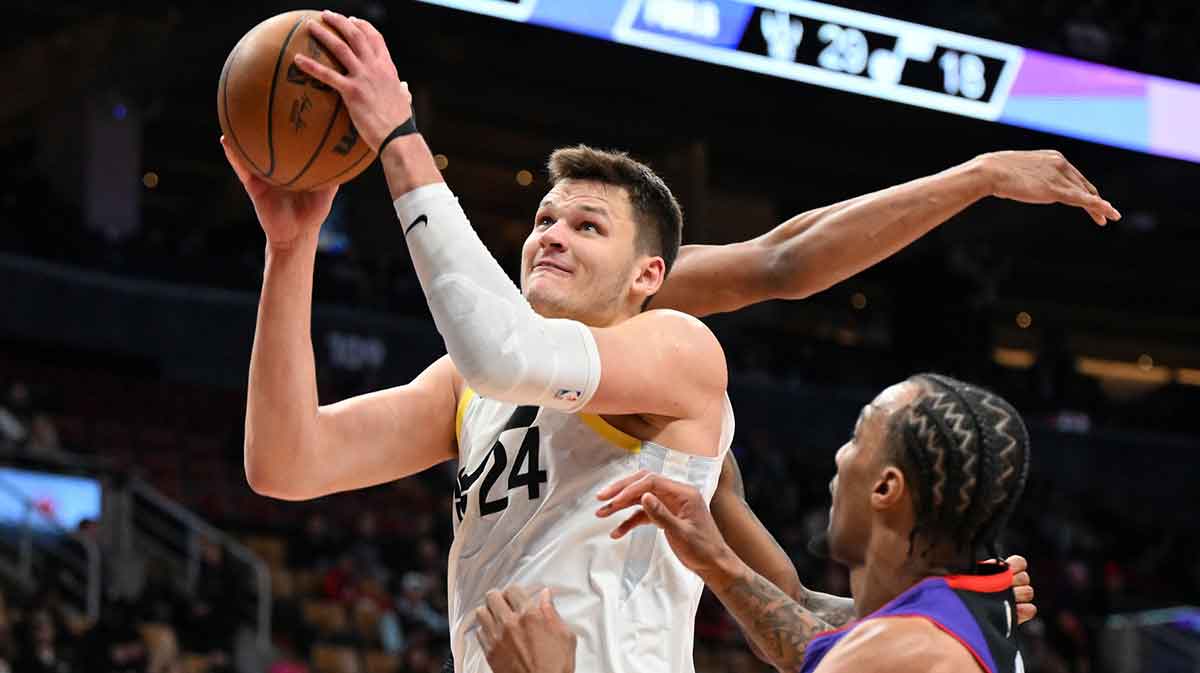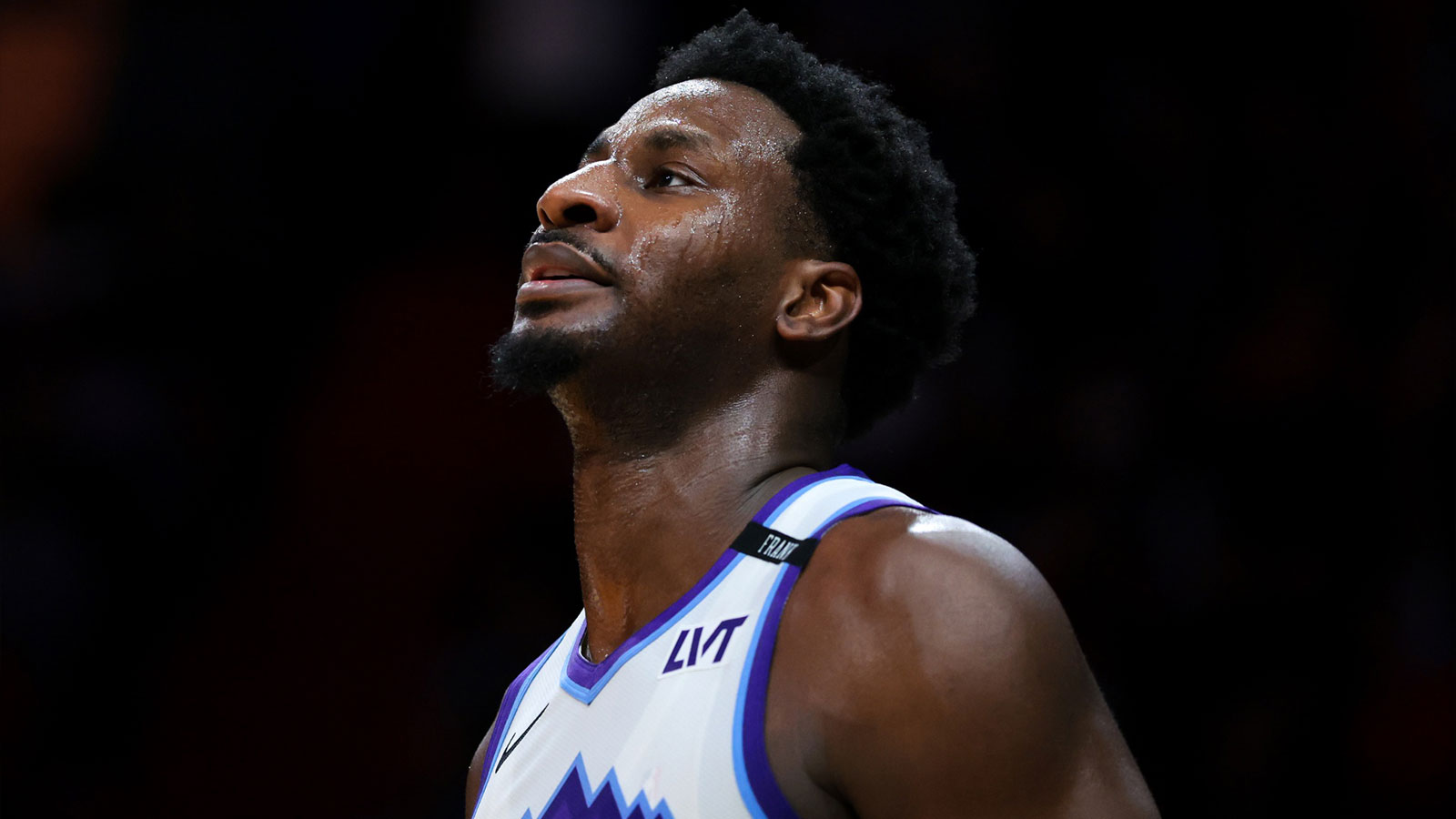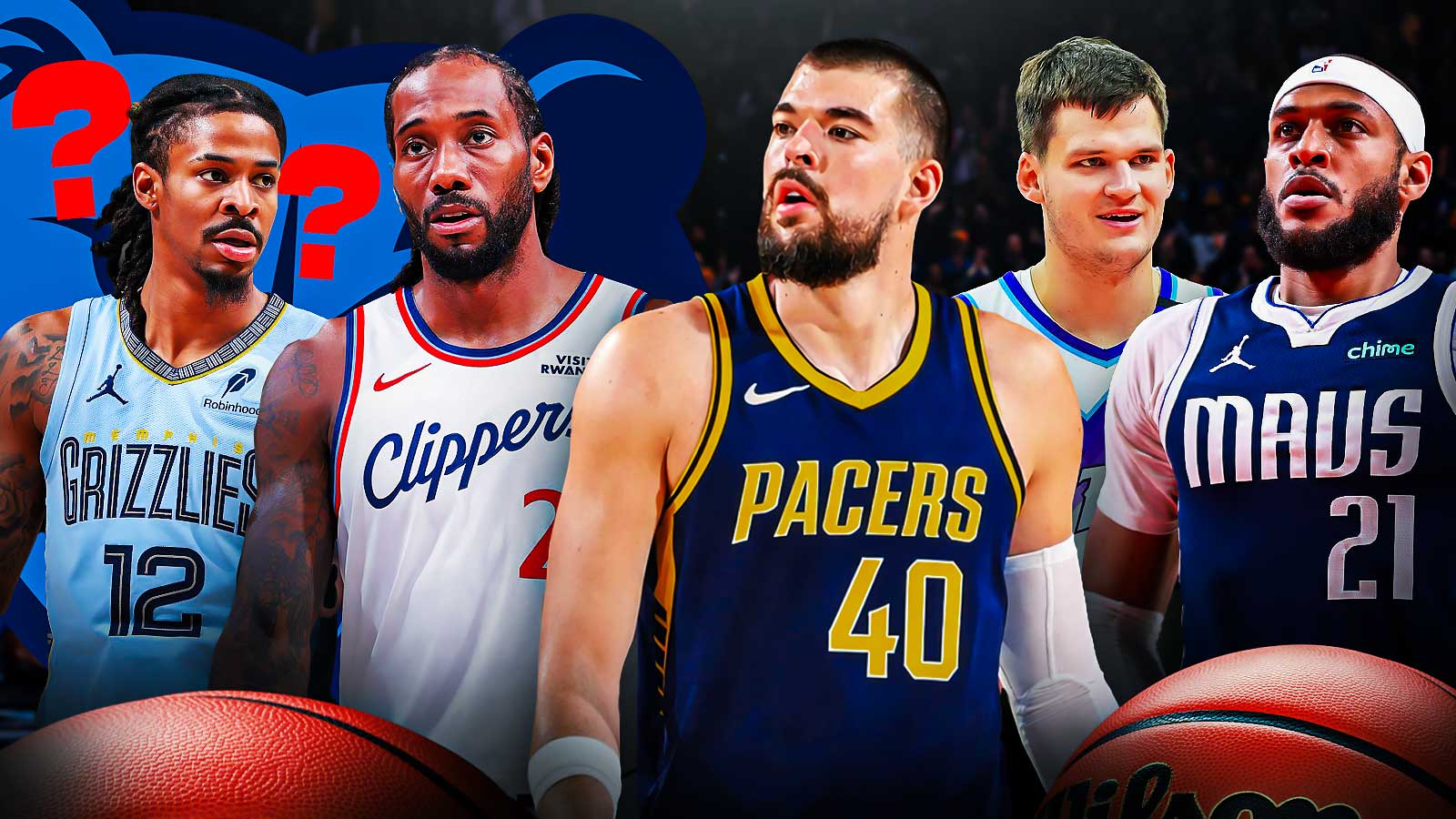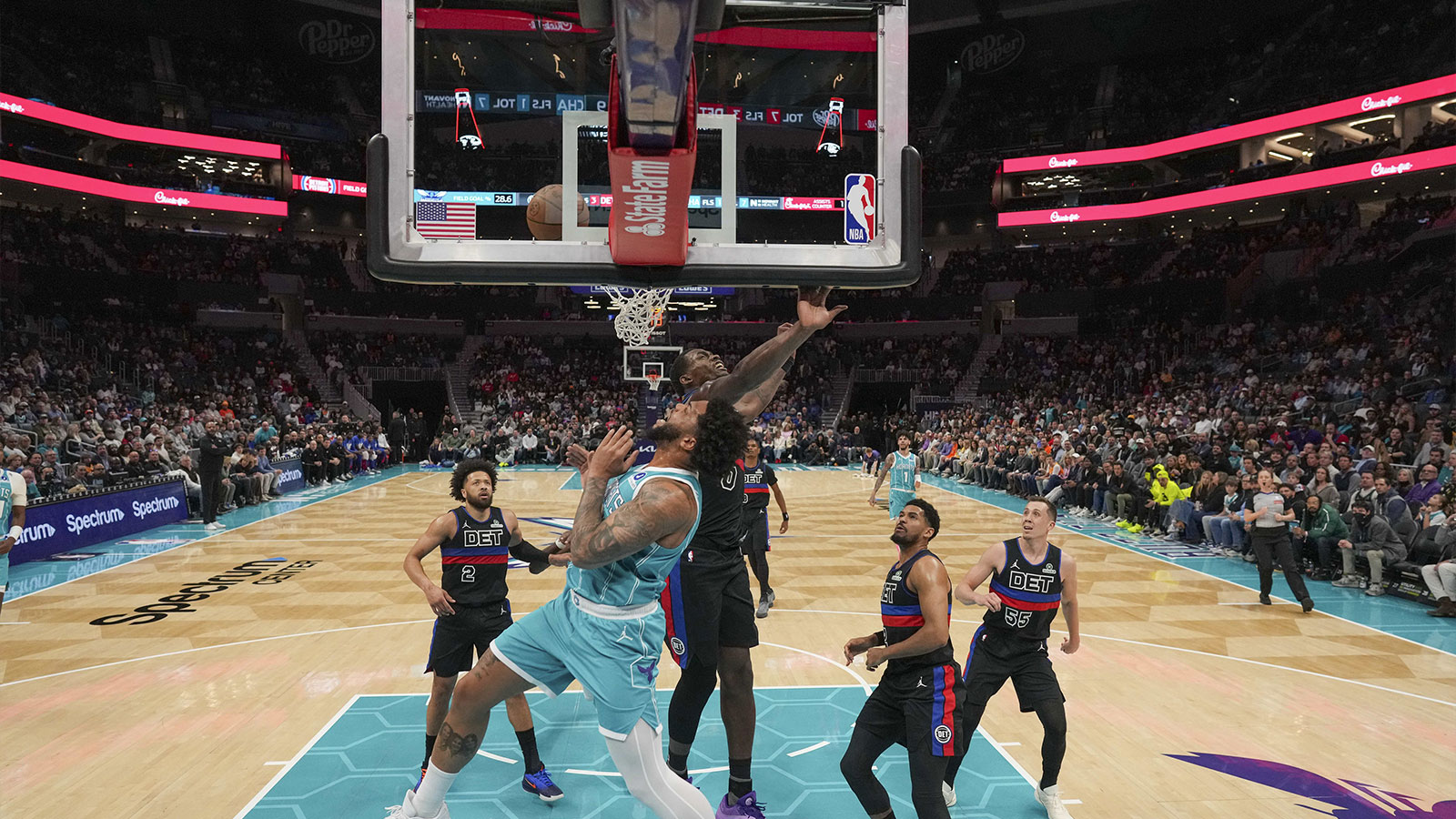While the NBA regular season is a long slog of up's and down's, the playoffs are a different animal. In the chase for a championship, a team would have to overcome four potentially-long series against tough opponents. And while upsets happen, there is one attribute that has been a revealing factor in which teams find success in the playoffs, and which don't.
Over the past several years, teams that go deep in the playoffs, and eventually win a title, have one common aspect: they know how to win on the road.
There's a strong correlation between a high road win percentage during the regular season and making a deep playoff run. Teams that know how to win in a hostile road environment are setting themselves up for success. Chalk it up to experience, talent, heart, or grit. But whatever the means, the teams that prove themselves to be road warriors are typically the ones still standing in June.
In the 2010-11 season, the first year of the new Miami Heat superteam with LeBron James, Dwyane Wade, and Chris Bosh, the Heat looked primed to win it all after winning each of their first three series in five games. The juggernaut in South Beach had defeated the mighty Boston Celtics and vanquished the Chicago Bulls, who owned the NBA's best record in the regular season. Defeating the Dallas Mavericks, the three-seed in the West, in the Finals seemed merely like the final stepping stone on their journey to the top.
But the Mavericks, led by Dirk Nowitzki, surprised that Heat superteam and defeated Miami in six games. The Mavs won two road games in Miami en route to winning the title, coming back from down two games to one. The shocking end to a promising Heat season could have been foreseen by regular season road numbers.
In the 2010-11 season, even though the Bulls had the best regular season record, there were two teams that led the league in road win percentage, each winning 68% of their road games: the Miami Heat and the Dallas Mavericks. In addition, the Mavs also led the league in assist-to-turnover ratio on the road. So the Finals matchup between the two teams, despite only being a two-seed and a three-seed, was no surprise. And even the Mavs' surprising upset wasn't a surprise at all to some–because the Mavs proved they could play elite basketball on the road.
The following season, in 2011-12, the Heat faced the Oklahoma City Thunder in the Finals. That year, the Thunder finished the season winning 64% of their road games, coming in third in the league in road wins.
A couple of years later, in the 2014 playoffs, the Heat superteam was again upset, this time by the San Antonio Spurs. The Spurs ran right through the Heat, ousting LeBron James and company in five games. The Spurs road win percentage that season? An obscene 73%, which led the NBA.
The correlation continued the next season with the Golden State Warriors, with budding stars and lethal shooting, marching their way to the Finals as the darlings of the NBA. They also led the league in road win percentage at 68%. The following year may be a bit of an outlier, as the Warriors wrecked the league to the tune of 73 wins, a historic record, and a unanimous MVP. Of course, they also led the league in road win percentage, winning 83% of their games away from home.
The next year, in the 2016-17 season, the Kevin Durant-led Warriors again dominated on the road, defeating their road opponents 76% of the time. And it's no surprise they were again the last team standing that year.
Last season, the Warriors were nearly sent home by the Houston Rockets, which took the defending champs to seven games in the Western Conference Finals. Many considered these two teams to be the best two in the league, and their road win percentages agree: the Rockets led the NBA with a 76% win percentage on the road, and the Warriors came in second at 71%.
Considering the correlation between a high road win percentage and going deep into the playoffs, it's worth a look to see which teams currently are able to dominate on the road this season–especially with the playoffs just weeks away.
This year, there are three teams in the league that own a road win percentage higher than 60%: the Milwaukee Bucks lead the NBA at 68%, the Warriors are right behind them at 67%, and the Toronto Raptors sit at third with 60%.
In the playoffs, road arenas get louder, more electric, and more hostile. The ability to overcome sheer noise, the momentum of the home team, and the jeering shouts of the opposing crowd is an art. The simple fact of being away from home also plays a role. Don Nelson, the winningest coach in NBA history, noted that as a player, road games were difficult:
“We drank more beer. We had more fun on the road because you didn't have to worry about home life and all that kind of stuff. You were out amongst your friends so that was always fun.”
But when he became a coach, he was sure play it smart and shore things up on the road:
“As a coach I probably didn't take as many risks. Maybe I didn't go to my bench quite as much, played the vets more. Young players just make more mistakes than the veterans. Mistakes hurt you more on the road than they do at home. You can rise above them at home because you have other positives going for you.”
Nelson's words ring true. Role players and young players traditionally play better at home, with the home crowd supporting them in a familiar environment. It's only the teams that are able to overcome all of these obstacles stacked against them that are able to make deep playoff pushes, wrestling home court advantage away in a seven-game series.
This postseason, keep an eye out on the Bucks, Warriors, and Raptors. They all own strong road win percentages, and have demonstrated the grit necessary to dominate away from the confines of their home arena. And as the past several years have proven, playing elite basketball on the road is necessary to win a championship.
Outside of talent, outside of how many All-Stars you have, and outside of even regular season overall records, the teams that battle human nature to win consistently on the road are almost always destined to make a deep playoff push.










